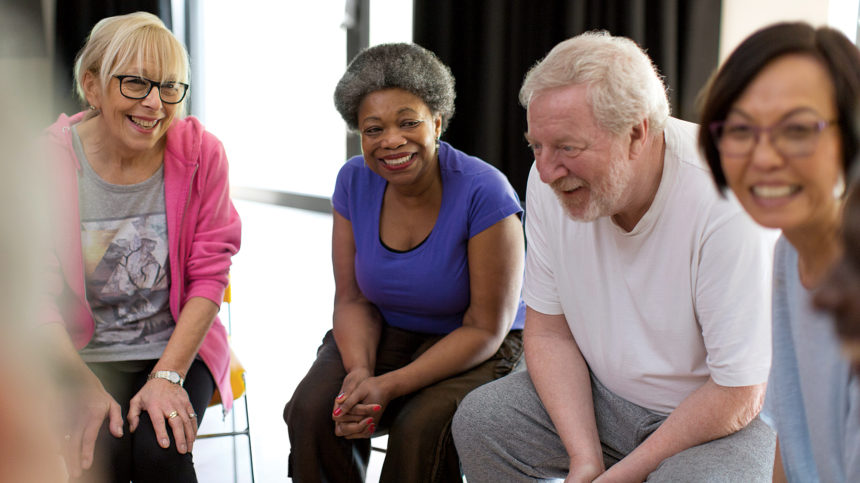
A new study shows that leisure activities, including mental, physical and social engagements, may play a significant role in easing loneliness and the cognitive decline that can come with it. Results show that clinicians and caregivers should consider encouraging older adults to participate in leisure activities to mitigate negative cognitive effects that are associated with loneliness, a new study finds.
The report was published Tuesday in Translational Psychiatry.
The investigators evaluated data from 4,772 older adults aged more than 50 years. The researchers looked at loneliness, characteristics and leisure activity scale scores as well as cognitive function tests. Data came from the Beijing Aging Brain Rejuvenation Initiative, or BABRI. It didn’t include imaging or biomarker tests, the authors noted.
Of the people, 16.7% of participants had low levels of loneliness, and 17.6% had high levels of loneliness.
The team found a link between higher levels of loneliness and lower scores in general cognitive ability, memory and executive functions. Language, attention and visual space weren’t related to loneliness, the current research found.
Previous research has linked loneliness with areas of the brain that control memory, and other studies have tied it to processing speed, the authors noted. Research shows that loneliness may cause changes in leisure activity, and it also indicates that loneliness may affect an older adult’s willingness to participate in social and physical activities that can affect cognitive health, the team wrote.
“This study suggested the importance of paying attention to the loneliness of older persons. Taking care of their mental health problems will not only help them to participate in leisure activities, and improve the quality of late life, but also help prevent dementia,” the authors wrote.
“In addition, families and communities should organize and encourage older people to participate in various leisure activities, including mental, physical and social activities, to maintain their brain vitality and prevent cognitive decline,” the authors added.




